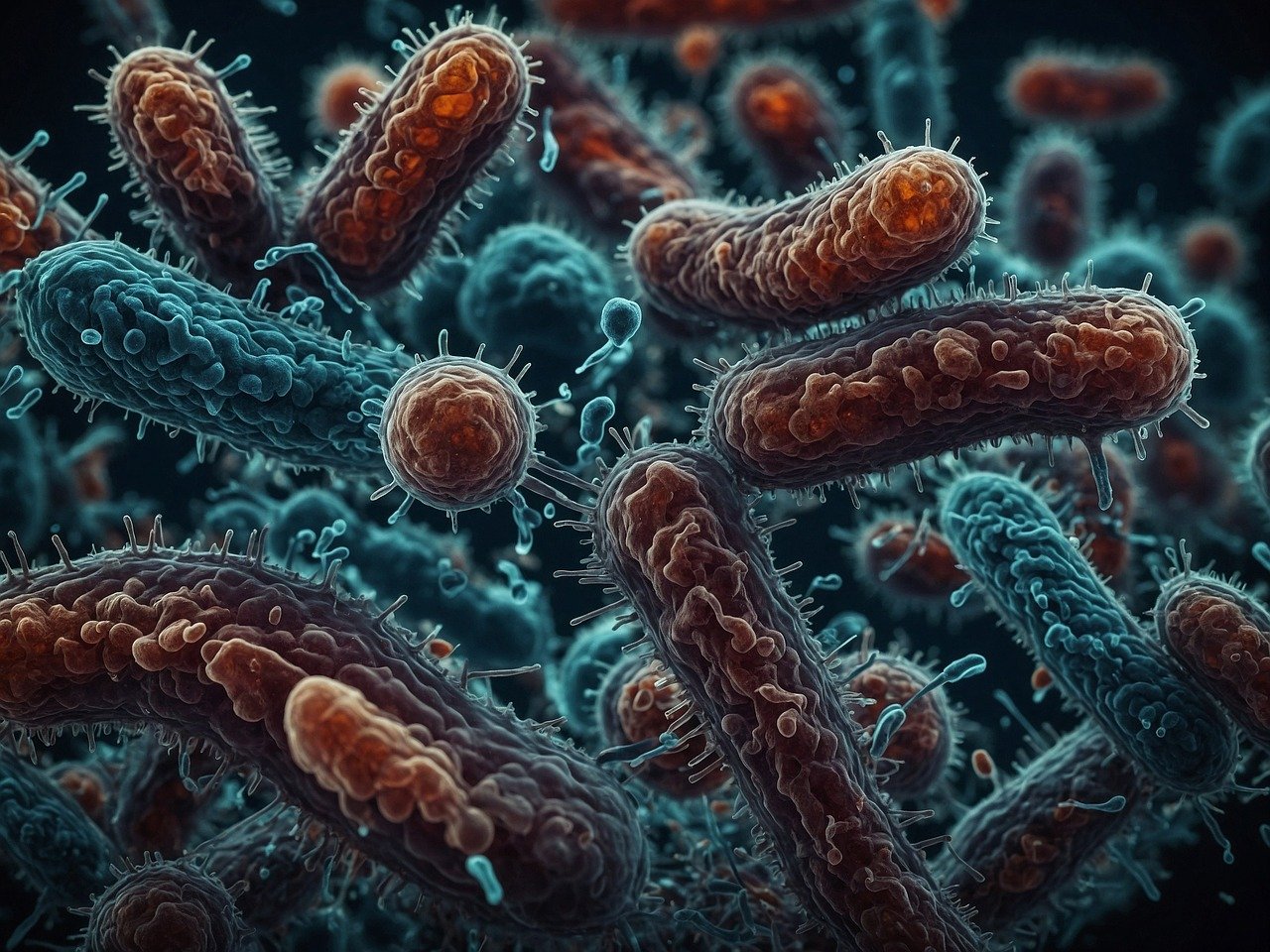Scientists are engineering bacteria to act as tiny drug factories, revolutionizing the way we produce medicine with efficiency, sustainability, and precision.
Key Points at a Glance
- Researchers are modifying bacteria to produce complex drugs, including antibiotics and cancer therapies.
- These bacterial “factories” offer a sustainable and scalable alternative to traditional drug manufacturing.
- Advances in synthetic biology enable precise control over bacterial production systems.
- The approach reduces environmental impact and could lower the cost of vital medications.
Bacteria, often associated with disease, are now taking on a groundbreaking new role: producing life-saving medicines. Advances in synthetic biology are enabling scientists to engineer bacteria as efficient and sustainable drug factories, promising to transform the pharmaceutical industry.
Traditionally, drug manufacturing relies on chemical synthesis or extraction from natural sources, processes that can be resource-intensive, costly, and environmentally damaging. By contrast, engineered bacteria can produce complex molecules, including antibiotics, anticancer agents, and hormones, in a controlled and scalable manner.
Through genetic engineering, researchers insert specific genes into bacterial DNA, enabling the microorganisms to synthesize desired compounds. These “living factories” can be programmed to produce drugs with high precision and minimal waste. For example, bacteria have been engineered to produce vancomycin, a powerful antibiotic, and taxol, a key cancer treatment traditionally derived from rare plants.
The sustainability of bacterial drug production is one of its most appealing features. Unlike traditional methods, which often require significant energy and raw materials, bacterial production uses renewable resources and generates fewer byproducts. This reduces the environmental footprint of pharmaceutical manufacturing while making it more cost-effective.
Moreover, the scalability of bacterial systems makes them ideal for meeting global demand for essential medicines. Bioreactors can house billions of bacteria, producing large quantities of drugs in compact facilities. This could be particularly valuable in low-resource settings, where access to expensive treatments is limited.
While the technology holds immense promise, challenges remain. Ensuring consistency and safety in bacterial drug production requires rigorous testing and regulation. Additionally, optimizing bacterial efficiency to maximize yields while minimizing unwanted byproducts is an ongoing area of research.
The potential of bacteria as drug factories is a testament to the power of synthetic biology and its ability to address global health challenges. By harnessing the natural capabilities of microorganisms, scientists are paving the way for a more sustainable and accessible future in medicine production.
